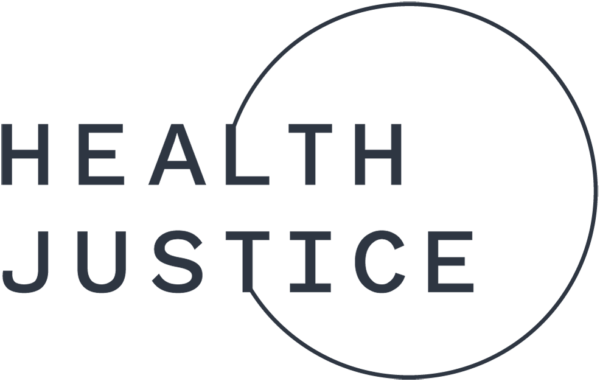Health Care Consent: Health Justice
WHO
We teamed up with Health Justice for their legal expertise and their thoughtful approach to working directly with people with lived experience. Their team is examining healthcare consent with respect to older adults in long-term care and how it’s actually applied in practice.
WHAT
Over a two-year period, this project will look at how the application of the Mental Health Act, particularly involuntary treatment, affects older adults. By bringing together legal experts, clinicians, and individuals with lived experience, the team will dig into how consent is overridden in long-term care and what that means for seniors’ rights. The goal is to better understand the real-world impact of B.C.’s current approach and offer a more human rights-focused perspective.
WHY
Because we heard concerns raised by older adults and caregivers alike. Being able to say yes or no to healthcare is a basic human right. But when it comes to seniors, there has not been sufficient focus on how consent actually works with older adults, especially if there are accompanying cognitive challenges like Alzheimer’s disease. This project will examine the issue from both a legal standpoint and the perspective of those living with it every day. It will explore how consent laws are applied in real-life situations and what that means for older adults, their families, and those who care for them.
WILD CARD
What really sets Health Justice apart is how they approach their work. They use a community-based governance model, where leadership is shared across their board members, Indigenous leadership, and a lived experience experts group (Individuals with a lived or living experience of involuntary treatment). It’s a thoughtful, inclusive approach that ensures the voices of those most impacted are heard and that engagement happens in a way that’s ethical, respectful, and truly supportive of both individuals and their loved ones.
